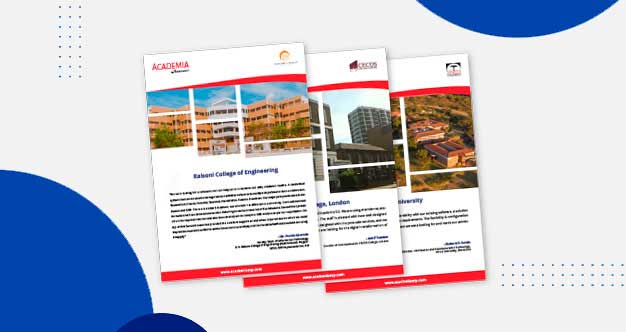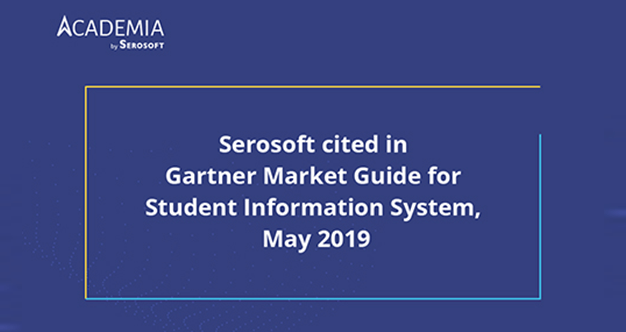Essential Characteristics of Modern School Management Systems
Introduction:
The education landscape is constantly evolving, and so are the tools that facilitate its management. Modern school management systems have emerged as comprehensive solutions to address the growing needs of educational institutions. These systems are equipped with various features that streamline administrative tasks, enhance communication, and promote data-driven decision-making. This article delves into the key characteristics of new-age school management systems.
Centralized and Organized Data Management
Today’s school management systems enable institutions to store and manage all student-related information in a centralized and organized manner. This feature allows for easy data access and retrieval, ensuring that relevant stakeholders can access up-to-date and accurate information when needed.
Efficient Admission and Enrollment Processes
Modern systems simplify the admission and enrollment process by automating key aspects such as application management, document verification, and fee collection. This streamlined process reduces paperwork, minimizes human errors, and improves efficiency.
Seamless Attendance and Timetable Management
One of the key features of new-age school management systems is the ability to manage attendance and timetables efficiently. These systems automate the process of recording and tracking student attendance while also assisting in creating and managing class schedules.
Comprehensive Grade Management and Reporting
Advanced school management systems facilitate the input, tracking, and analysis of student performance data. These systems also generate customized reports, providing educators and administrators with valuable insights to make informed decisions and enhance the learning experience.
Robust Communication and Collaboration Tools
Effective communication is at the heart of any successful educational institution. Modern school management systems offer a variety of communication tools, such as messaging, announcements, and file sharing, that foster seamless collaboration between students, parents, and educators.
Advanced-Data Security and Privacy Measures
Data security and privacy are of paramount importance when it comes to managing sensitive student information. New age school management systems employ advanced encryption and access control mechanisms to safeguard data and ensure compliance with relevant regulations.
User-Friendly Interface and Accessibility
Modern school management systems prioritize ease of use, with user-friendly interfaces that are intuitive and easy to navigate. Additionally, these systems are often accessible via multiple devices, including computers, tablets, and smartphones, providing flexibility and convenience for users.
Conclusion:
New-age school management systems offer a wide range of features and functionalities that cater to the evolving needs of educational institutions. By embracing these advanced tools, schools can streamline their administrative processes, improve communication and collaboration, and ultimately enhance the educational experience. As technology progresses, modern school management systems will play an increasingly crucial role in shaping the future of education.
Related posts:
 Higher Ed Plans
Higher Ed Plans K12 Plans
K12 Plans










